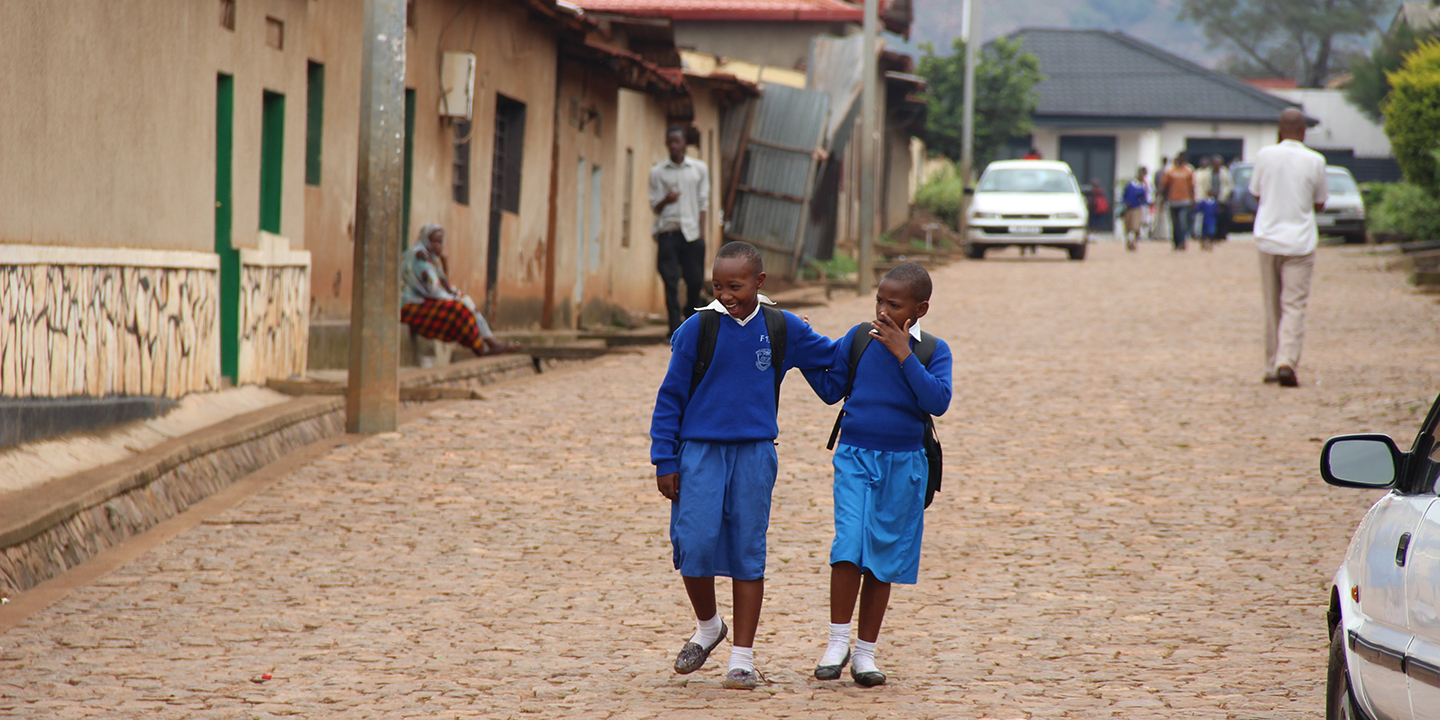
ACER UK and NESA Rwanda collaborate on improving learning outcomes using high-quality assessment data
5 May 2025 3 minute readNot all data is equal; the ways in which it is generated and the information it gives have to be considered. ACER UK is supporting countries, including Rwanda, through the FCDO Data for Foundational Learning Programme (D4FL) to use high-quality assessments to yield high-quality data. This helps policymakers and teachers to support learners.
Working with partner countries through the D4FL, ACER UK is discovering more about how data is used in countries in a range of circumstances. We are exploring how governments and ministries can enhance assessment practices and the associated data to gain clearer insights into learning at key points in a learner’s education.
In Rwanda, we are supporting the National Examination and School Inspection Authority (NESA) to get the most out of the national assessment, the biennial Learning Achievement in Rwandan Schools (LARS). NESA has gathered data from LARS since 2011; the tests assess learners in Primary 3, Primary 6 and Senior 3. NESA is currently pursuing its priorities and aims for LARS with the support of partners, including ACER UK.
Understanding 'where learners are'
Internationally agreed standards of proficiency in reading and mathematics, as expressed in the Global Proficiency Framework (GPF), are a shared reference point for countries worldwide. These standards have helped countries and governments to understand ‘where their learners are’.
ACER UK is collaborating with NESA to align the LARS assessments to the GPF. This means that the data generated from the LARS tests can help Rwanda to compare learners’ outcomes against international benchmarks at the key points in primary and secondary education.
High-quality assessment data
Through the application of best practice, the LARS assessments can provide high-quality data on learning at 3 important stages of schooling in Rwanda: lower primary, upper primary and lower secondary. This is crucial evidence for NESA and the Ministry of Education, and can be used to review, amend and update education policy. This data can also be shared with the UNESCO Institute of Statistics, which captures and validates countries’ efforts to report foundational learning outcomes at lower and upper primary grades, against the Sustainable Development Goal for foundational learning (SDG 4.1.1).
This is just one element of ACER UK’s technical assistance to NESA. And another example of our work, under the FCDO programme, with partner countries who are interested in making high-quality assessments and high-quality data work together to shape better outcomes for learners.
ACER UK’s support for Rwanda is funded by the FCDO’s Data for Foundational Learning Programme (D4FL). Countries wishing to discuss ways in which learning outcomes data might be improved and better used to inform policy and practice and make international comparisons are invited to contact Colin Watson at ACER UK colin.watson@acer.org or the FCDO through in-country education advisors.
